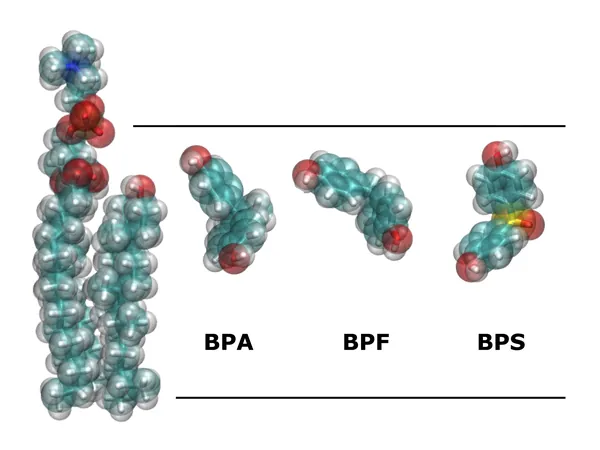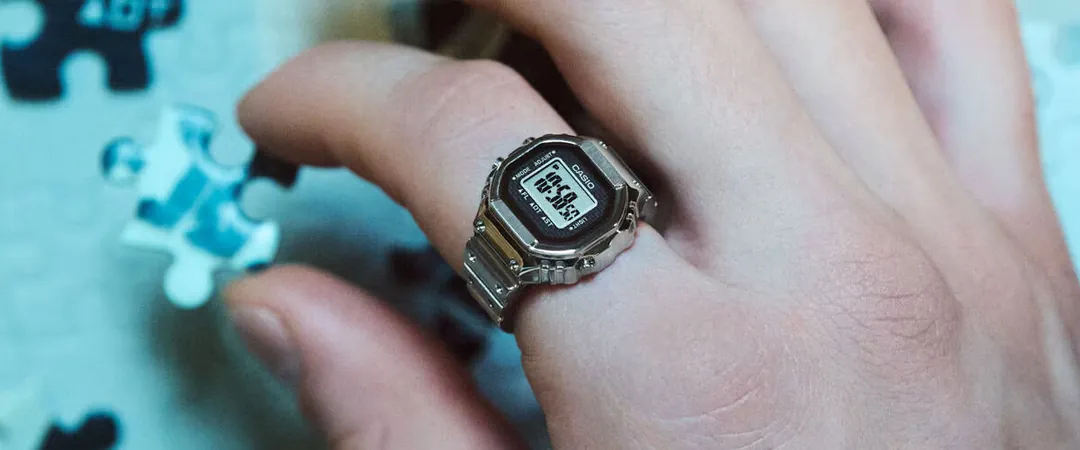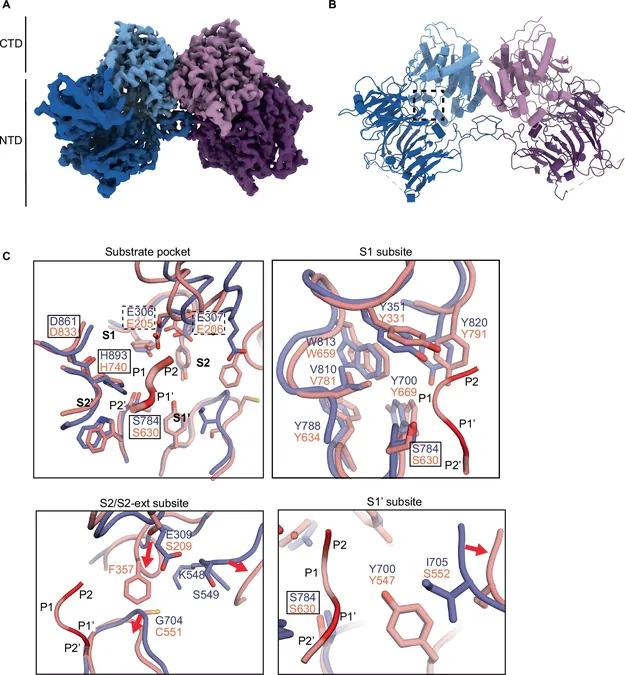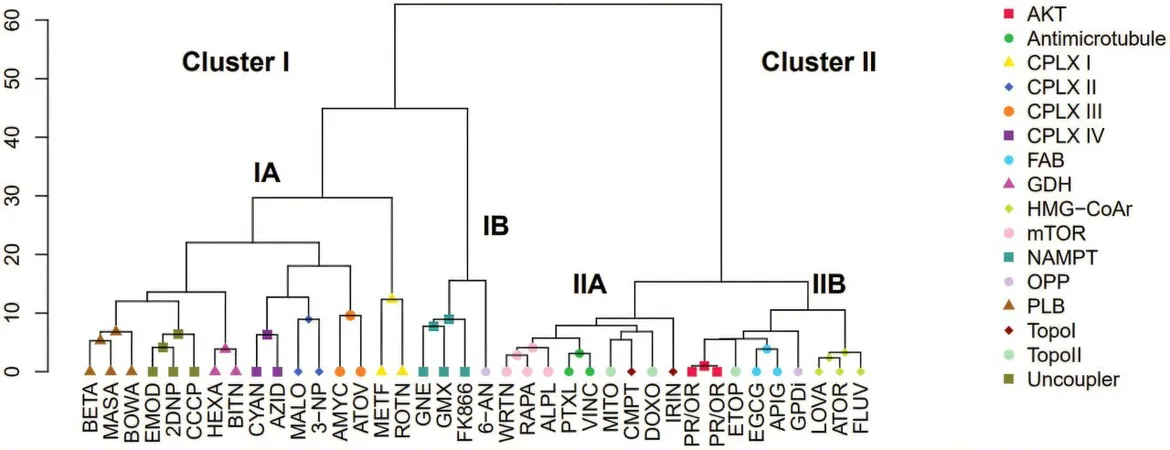
Shocking Revelation: Supposedly Safe BPA Alternatives Could Be Just as Dangerous!
2024-11-18
Author: Rajesh
Overview of the Study
A groundbreaking study by Professor José Villalaín from the Miguel Hernández University of Elche (UMH) in Spain has raised alarm bells about bisphenol analogs BPF and BPS, marketed as 'safer' replacements for bisphenol A (BPA). Published in the Journal of Xenobiotics, the research indicates that these alternatives may pose significant health risks, highlighting a pressing need for reevaluation of their use in consumer products.
Research Findings
Utilizing advanced high-resolution computer simulations, Professor Villalaín and his team discovered that BPF and BPS accumulate within complex biological membranes. This accumulation could disrupt the endocrine system — crucial for regulating metabolism and other vital body functions — potentially leading to conditions like obesity, diabetes, and cardiovascular diseases.
Health Risks of BPA Alternatives
While European health authorities have already imposed stringent restrictions on BPA, concerns are now mounting about these BPA substitutes. Research suggests that BPF and BPS may have similar detrimental effects as BPA, contradicting the assumption that substituting BPA with these chemicals is a safer option. The study adds to the growing evidence of the hazards associated with bisphenols, which have been detected at alarming levels in the urine of European adults.
Widespread Exposure
What's more, BPF and BPS have been linked to increased risks of serious health issues, including cancer and reproductive problems. As these chemicals are found in a variety of everyday items — from plastic bottles to food containers and even cosmetics — consumers might unknowingly be exposed to potentially harmful substances.
Methodology of the Study
The research team at UMH employed molecular dynamics simulations to analyze how BPA, BPF, and BPS interact with cell membranes, uncovering that these bisphenols tend to aggregate at the interface of membranes. This behavior can alter the biophysical properties essential for cell function, ultimately affecting how cells communicate with each other.
Call for Action
Given the extensive evidence supporting their harmful impact, Professor Villalaín advocates for a complete discontinuation of these bisphenols. 'The potential risks they pose to human and animal health are significant,' he asserted. 'We must reconsider our reliance on these substances and seek safer, alternative materials.'
Conclusion
The study's revelations are particularly alarming considering the ubiquity of bisphenols in a wide range of products. As more research emerges, the call for tighter regulations on these chemicals grows stronger. Now, more than ever, consumers are urged to stay informed about the potential dangers lurking in their everyday items. As the debate continues, one thing is clear: the journey towards safer consumer products is far from over, and vigilance is paramount in ensuring the health and well-being of both present and future generations.



 Brasil (PT)
Brasil (PT)
 Canada (EN)
Canada (EN)
 Chile (ES)
Chile (ES)
 España (ES)
España (ES)
 France (FR)
France (FR)
 Hong Kong (EN)
Hong Kong (EN)
 Italia (IT)
Italia (IT)
 日本 (JA)
日本 (JA)
 Magyarország (HU)
Magyarország (HU)
 Norge (NO)
Norge (NO)
 Polska (PL)
Polska (PL)
 Schweiz (DE)
Schweiz (DE)
 Singapore (EN)
Singapore (EN)
 Sverige (SV)
Sverige (SV)
 Suomi (FI)
Suomi (FI)
 Türkiye (TR)
Türkiye (TR)